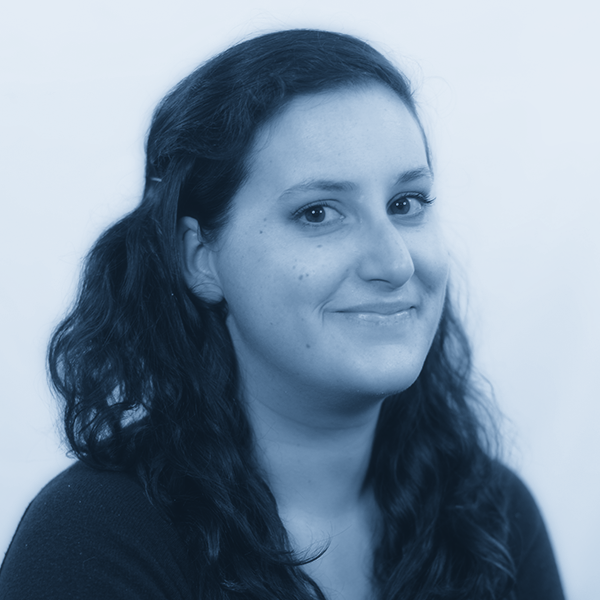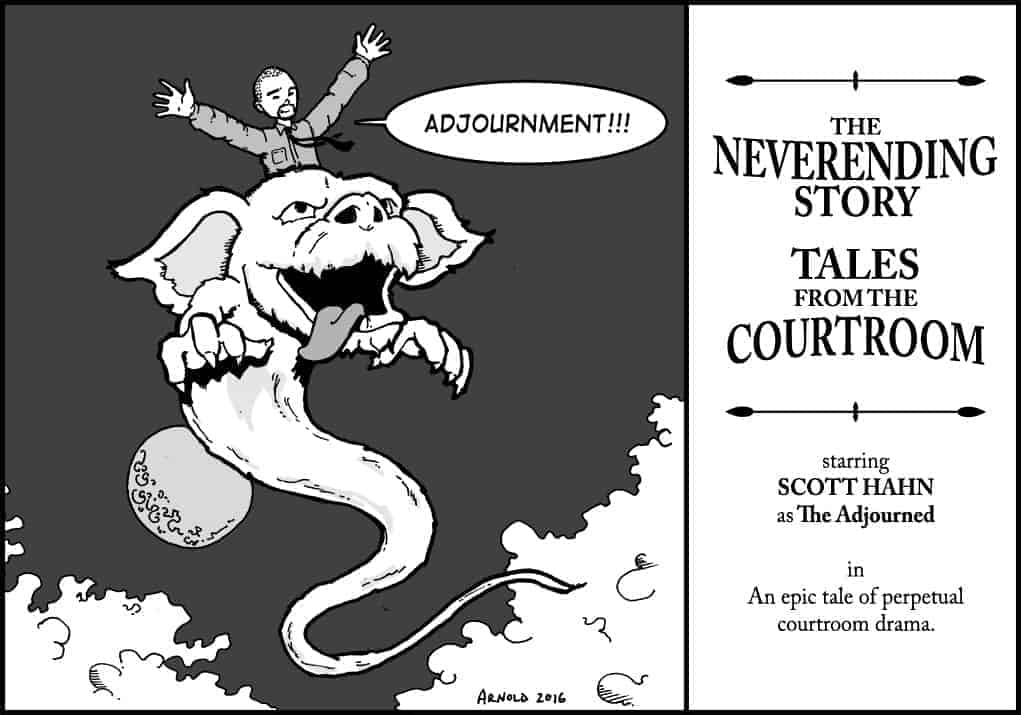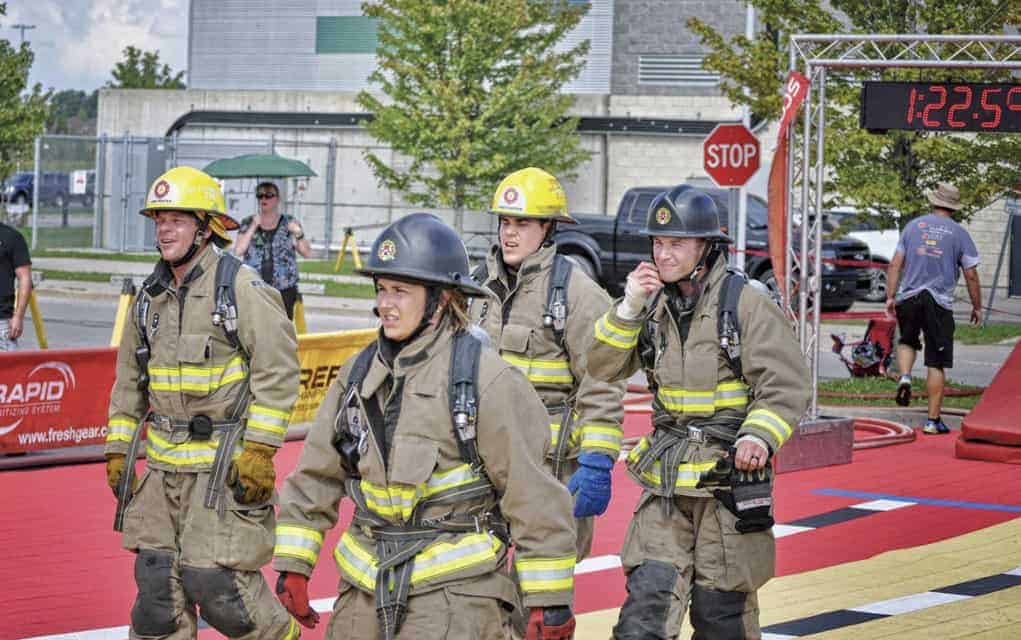Voters looking to get more informed about the potential changes to the electoral system have plenty of opportunities to do just that in the region, as the federal government has committed to have a new voting system in place before the next federal election.
Bob Jonkman from Fair Vote Waterloo spoke at the Elmira library last week as part of the ongoing presentations on electoral reform happening across the country.
An all-party parliamentary committee was established to consult Canadians, study federal electoral reform and submit a report and recommendations to Parliament by Dec. 1.
Sharon Sommerville, Fair Vote Waterloo chapter coordinator, said the advocacy group’s goal is to educate the public about the options aside from first past the post, Canada’s current electoral system. First past the post elects the candidate with the most votes in a riding. The winner does not need the majority – more than 50 per cent of the votes – to win.
“They are reviewing alternative vote, that’s the ranked ballot system. But they’re also reviewing specifically two proportional representation systems, mixed member proportional and single transferable vote,” Sommerville explained.
There’s a third one called party list which isn’t being considered.
The range of electoral systems used across the globe can be confusing. Especially when ranked ballot also goes by three other names; alternative vote, preferential ballot and instant-runoff voting.
“Canadians are very tied to the idea of an identifiable constituent MP, which is why mixed member proportional, which is specifically based on that, or single transferrable vote, which gives you identifiable multiple members, but arises out of the riding and not off of a party list necessarily, seems to be more suitable for Canada,” Sommerville said.
She explains mixed member proportional in terms of Waterloo Region. Currently there are five MPs in the region. Under MMP, the boundaries would likely be reworked so three MPs would be elected by the first-past-the-post system and then the additional two would be compensatory or top-up seats, which are filled using a proportional vote.
“In that proportional method is where we would get the balance of what the vote actually represented,” she said.
Looking at the 2015 federal election results the region would probably have elected three Liberals, one Conservative and one NDP under a proportional representation system, rather than the four Liberals and one Conservative we have.
They’ve also been running community dialogues every Tuesday evening since late August at the Queen Street Commons in Kitchener. They will continue until Oct. 4. They’ve been set up by the federal government to hear from individual citizens. Anyone is welcome to come discuss electoral systems, strengths and weaknesses and what you want to see in your electoral system.
“People are very often surprised to know that there are only three remaining Western democracies that continue to use first past the post. That is ourselves, Great Britain and the United States. Everybody else uses some form of PR,” Sommerville said.
Single transferrable vote is used in Ireland, Malta and in Australia to elect their Senate.
New Zealand moved from first past the post to MMP about 24 years ago.
“In 2015 only 49 per cent of Canadians that went out to vote actually elected the person they wanted to represent them. That’s actually nine million people. That’s a whole lot of people that don’t feel that they are properly represented in Parliament,” Sommerville said.
She says under a PR system they could address that and somewhere between 93 to 95 per cent of people would actually have a representation that they wanted, based on how it works in New Zealand.
“First past the post makes our country look very regionalized and creates distortions in regions. A perfect example of that is people think that they’re all essentially Conservative voters out in Alberta. That’s not really true. There are a lot of non-Conservative voters,” Sommerville said.
The feedback she’s heard from people who want it to stay the same is they’re uncomfortable with change and they want it to stay the same because it’s familiar. Those who want to be rid of first past the post see a change in electoral systems as creating greater equality and representation.
“The success of this process that we’re all engaged in is really based on Canadians educating themselves. These talks, that’s all a part of those opportunities for Canadians to come out and just get solid, factual information,” Sommerville said.
To see their schedule of events visit www.fairvotewrc.ca.









